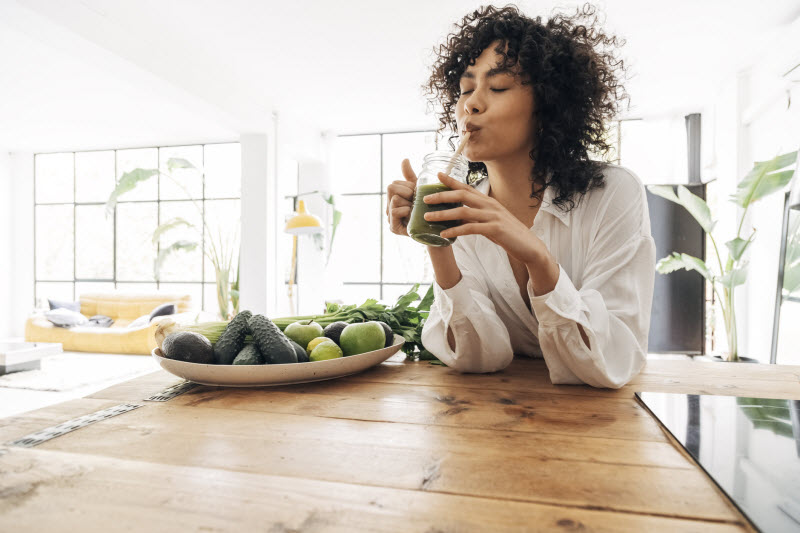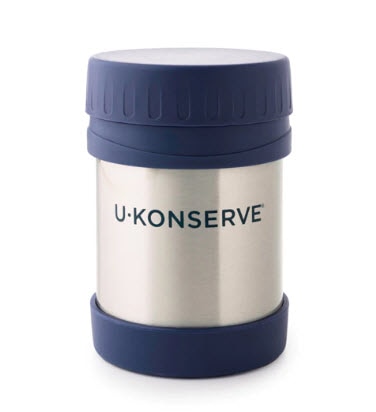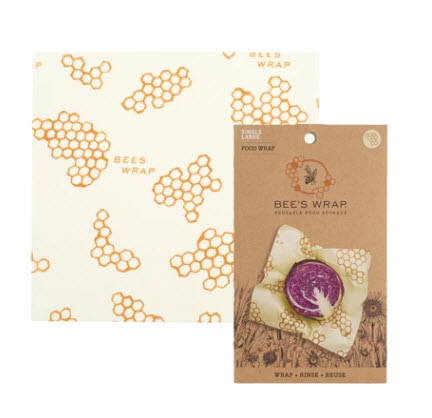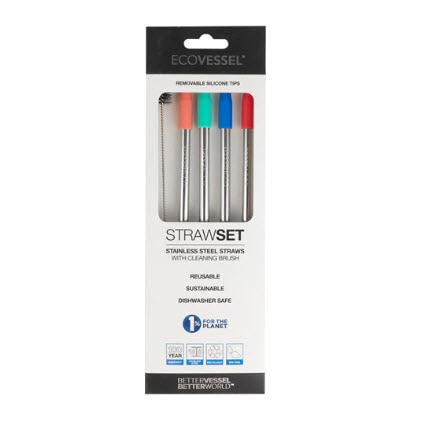 Want to waste less? Here are six surprising ways you can:
Want to waste less? Here are six surprising ways you can:
1. Use your own take-out containers.
For ages, every time leftovers came with me after dining out, the moment I got home I removed them from whatever the restaurant had provided, in favor of glass storage. Didn’t matter if transit involved scary styrofoam or proud recycled paper. The quick switch was constant for a simple reason: My own storage containers kept leftovers fresher than any takeout carton, thanks to tight seals.
At some point years ago, I skipped waste-bound vessels by taking my glass containers with me to eateries. It’s more efficient, saves restaurants money, and keeps one more thing out of landfills (soggy paper can’t be recycled, and we know the horrors of styrofoam).
2. Use your own take-out utensils.
If I ever have to use a plastic utensil my heart feels heavy. And after each use, I take the otherwise forlorn fork home, hopeful for its future use. Thankfully, I have only a few. The trick has been using my own utensils while out. I found a lovely bamboo travel bundle more than a decade ago. But you can easily create a set with your existing utensils, then wrap cloth around it and cinch with a string or rubber band.
3. Eat greens that have been set free.
It’s convenient to buy pre-washed greens in plastic containers. Unfortunately, it’s also wasteful and costs more, in the name sparing a few minutes of rinsing.
You might feel virtuous because you recycle those plastic containers. But your habit is mostly illusion. Very little plastic actually is recycled. PBS and NPR released a March 2020 documentary wherein we learn as much, plus the sad fact that the plastic industry pushed recycling as a way to get people to buy more plastic, which industry insiders admit. To boot, even when plastic did get recycled, it was often hauled all the way to China, as I reported years ago, in order to be repurposed—then return to the U.S. as shirts, for example (China has since cut back). Quite a carbon footprint, plus we must factor in all the natural resources that go into making the original plastic container.
So give loose lettuce, kale and other greens a chance.
4. Reuse paper towels (or rethink them entirely).
Sound gross? Don’t reuse soiled paper towels, obviously. But if paper towels capture moisture from lettuce leaves you rinse (wink), you can certainly reuse them after they dry. Better yet, use a cloth towel to dry the greens, a sponge to wipe spills, and save paper towels for nasty stuff.
5. Install a drinking water filter.
The upfront cost of installing a drinking water filter is higher than buying bottled water. But you can find good systems for under $200, and you’ll save money in the long run. Look for units certified by NSF International. The oceans will thank you.
Plus, unless you have a private well, your tap water has to meet a long list of regulations from the U.S. Environmental Protection Agency, which requires annual reports from providers. Bottled water, meanwhile, is regulated by the U.S. Food & Drug Administration. “The federal government does not require bottled water to be safer than tap. In fact, just the opposite is true in many cases,” according to the Natural Resources Defense Council. “Tap water in most big cities must be disinfected, filtered to remove pathogens, and tested for cryptosporidium and giardia viruses. Bottled water does not have to be.”
6. Unplug your wireless router.
You’re not on the internet while asleep, right? So unplug your router. Otherwise, it uses energy for naught. Power down your laptop (as you probably already do)—and then unplug its cord from the wall outlet (same goes for desktop computers, unless you turn off their power supply switch). Also unplug your phone charger when it’s not in use. And your electric toothbrush. Your television too. To find out more about silent energy suckers, dig into this report from the NRDC, aptly titled Home Idle Load: Devices Wasting Huge Amounts of Electricity When Not in Active Use.
Journalist Mitra Malek reported on municipal water systems, recycling and environmental issues as a staff writer for many years at daily newspapers in Florida.



